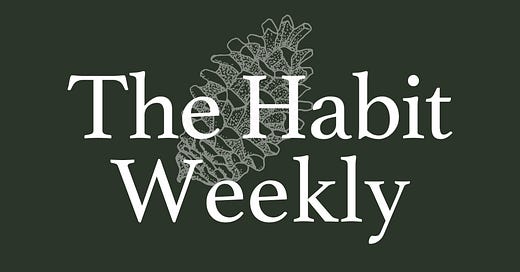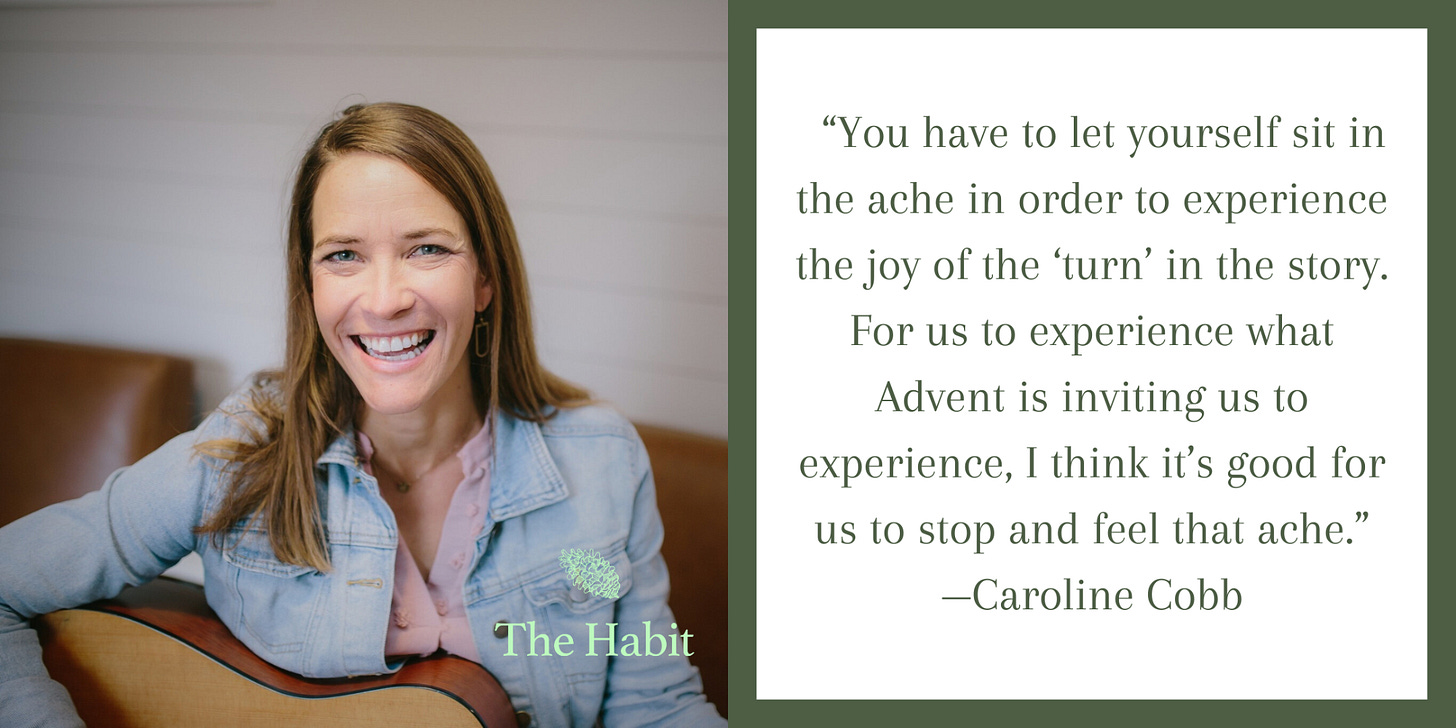So much bad writing comes down to the curse of knowledge. You know what you meant to say, so that’s what you see when you look back over something you’ve written. It makes it hard to know whether you are communicating clearly or not. In Several Short Sentences on Writing, Verlyn Klinkenborg puts it this way:
Know what each sentence says,
What it doesn’t say,
And what it implies.
Of these, the hardest is knowing what each sentence actually says…
There are innumerable ways to write badly.
The usual way is making sentences that don’t say what you think they do.
To avoid this problem—making sentences that don’t say what you think they do—Klinkenborg recommends short sentences. Writing short sentences, he suggests, “restores clarity, the directness of subject and verb.” Such directness makes ambiguity “less likely and easier to detect.”
I’m reminded of an episode of Seinfeld in which Kramer buys a deli meat slicer. He makes a slice of turkey so thin that it is all surface area. “The taste has nowhere to hide,” he says. That’s why short sentences are so useful. The meaning has nowhere to hide.
Klinkenborg again:
It’s perfectly possible to make wretched short sentences.
But it’s hard to go on making them for long because they sound so wretched
And because it’s easy to fix them.
By writing short sentences, you put yourself on the hook. The fog clears away, and the subject and verb are right there for all the world to see…and for you, the writer, to see. Did you say what you thought you said? The short sentence makes it easier to know.
None of this is to say that you should only write short sentences. But it’s helpful to realize that “strong, lengthy sentences are really just strong, short sentences joined in various ways.” That sounds overly clever, but the point is that a short-sentence mindset requires that you prioritize clauses—who-did-what, subject-verb—rather than the various phrases (prepositional phrases, participial phrases, nominative absolutes, infinitive phrases, etc.) that allow you tuck meaning into the corners of your prose.
It’s a quiet week in The Habit Membership…
Virtual Writing Rooms on Monday Tuesday, Thursday, and Friday
Wednesday Afternoon: Habitations Poetry Group
Thursday Afternoon: Office Hours
There's a place for you in this vibrant community of writers. Find out more about The Habit Membership here.
Caroline Cobb is in exile.
Caroline Cobb is a singer-songwriter known for her deep engagement with Scripture. Her first foray into book-writing is Advent for Exiles: 25 Devotions to Awaken Gospel Hope in Every Longing Heart. In this episode, Caroline and I discuss the idea of exile, a pervasive theme in the Bible, as well as the artist’s role of planting seeds for the new Eden.






This good point.
so true, so true (about sentences short and long)
thank you, as always